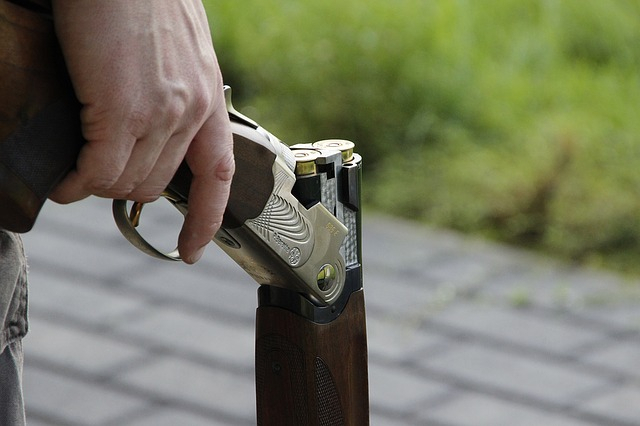
A man accused of killing 11-year-old Shamiya Adams who was fatally shot in her West Garfield Park house in Chicago in 2014 was acquitted on Wednesday, October 30. Tevin Lee was found not guilty of charges of first-degree murder and aggravated discharge of a firearm related to Adams death by the jury, Cook County State's Attorney's office confirmed.
Adam was at her friend's house for a sleepover in July 2014 when a stray bullet fired from Lee's gun during an encounter struck her in the head. She died of the injuries at Mount Sinai Hospital a day later. Investigation revealed that the tragic incident took place when Lee was trying to shoot a rival gang member as revenge for a fight between two 14-year-old boys, one of whom was Lee's acquaintance. Lee opened fire after spotting gang members in front of the house. While the bullet missed its target, a stray bullet entered through a window and penetrating a wall, fatally killing the victim. Lee in his testimony at the Cook County Circuit Court denied firing the shot that killed Shamiya and said the gunman called "Boo Man" fired the fatal shot.
Earlier this month, a three-year-old boy who was inside a parked vehicle was shot in the head in South Side, Chicago. According to police reports, three males walked up to the parked vehicle and opened fire at the child, his mother and two other children. Two other cases of shooting young targets in Philadelphia were also reported this month. An 11-month-old baby sustained four gunshot wounds inside a car on October 19. The baby who was shot once in the head, chest and twice in the backside was admitted at St Christopher's Hospital and reported to be in critical condition.
Within 24 hours after the child's shootout case was reported, a two-year-old girl died after getting shot at the back of her head by a gunman who opened fire at the house from outside. The mother and another man believed to be a contractor were also injured. The spike in gun-toting men killing innocent people has often triggered the demand for an effective gun control law in the US but in effect, it remained elusive.








